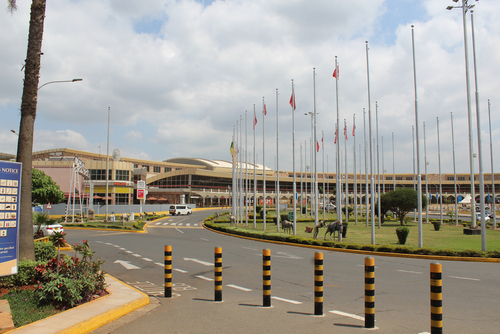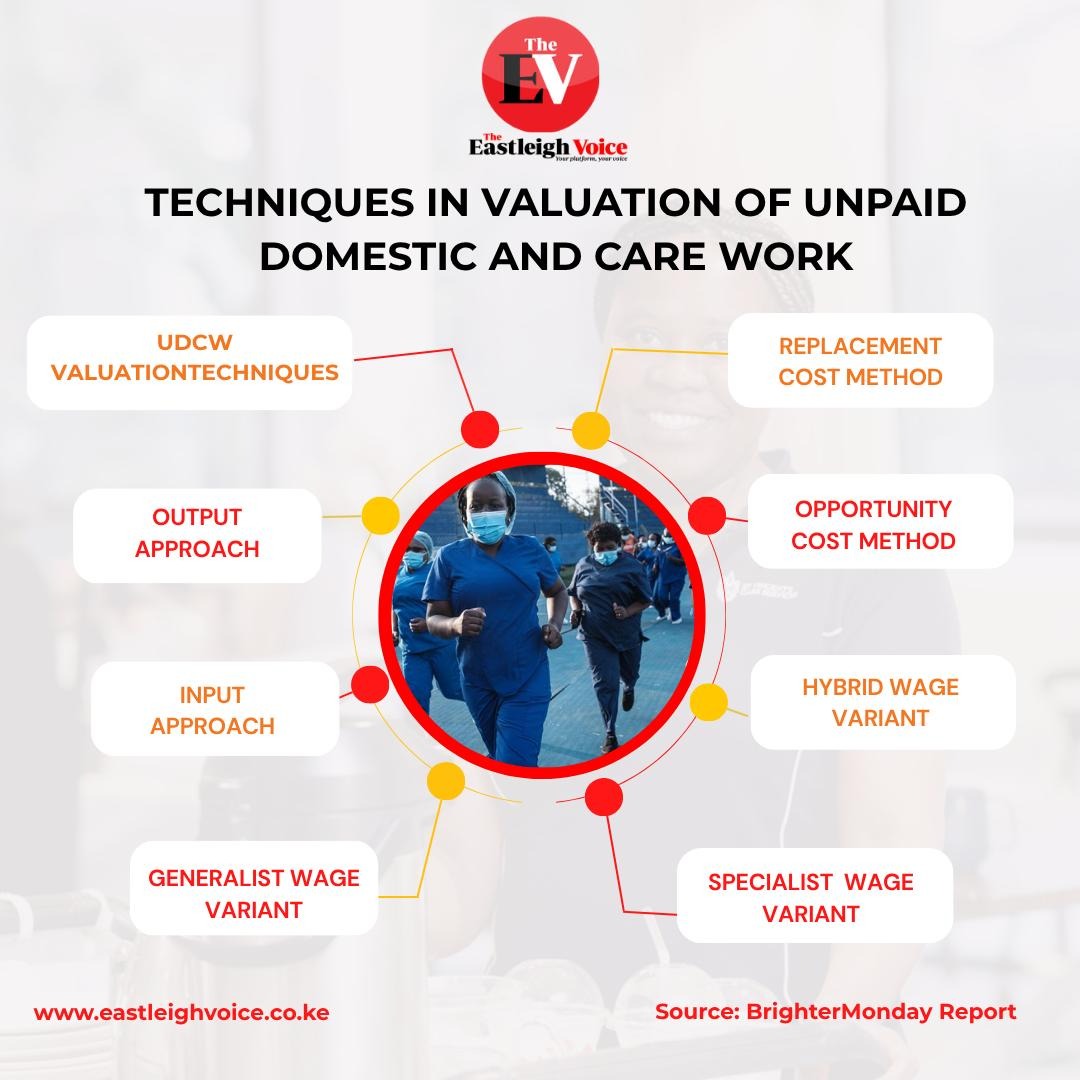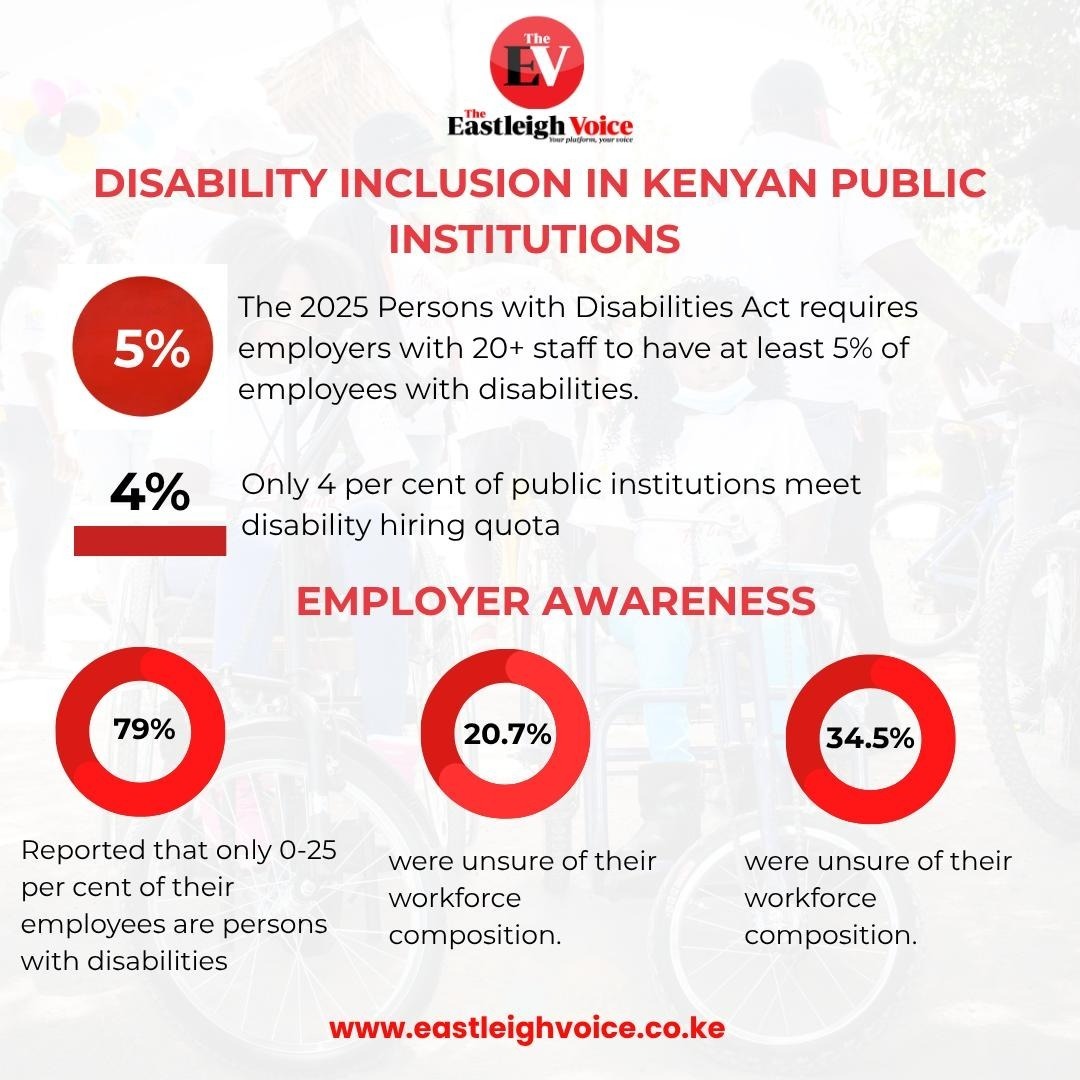Court of Appeal flags fraud, orders rehearing in Sirisia MP Waluke’s Sh1 billion maize fraud dispute

Appellate judges cite forged documents, undelivered maize, and corruption in Waluke-linked Sh1B contract.
The Court of Appeal has ordered the High Court to conduct a fresh hearing in the long-running dispute between the National Cereals and Produce Board (NCPB) and Erad Supplies and General Contractors Limited—a company linked to Sirisia MP John Waluke—over a contentious maize supply contract valued at over Sh1 billion.
Appellate Judges Gatembu Kairu, Asike-Makhandia, and Aggrey Muchelule set aside a 2011 High Court ruling that had upheld an arbitral award in favour of Erad, finding that the lower court failed to properly examine serious allegations of fraud, corruption, and misuse of public funds.
The dispute stems from a 2004 contract under which Erad was to supply 40,000 metric tonnes of maize to NCPB to ease food shortages. The company claimed it could not deliver because the Board allegedly failed to open a letter of credit as required.
An arbitrator later ruled that NCPB was in breach and awarded Erad more than US$3.1 million (about Sh560 million at the time), a sum that has since grown to over Sh1 billion through interest.
NCPB challenged the award, arguing that it was based on forged documents and fabricated claims, including an invoice of US$1.1 million for maize storage by a South African firm, Chelsea Freight, which investigators later confirmed never handled the maize.
The Ethics and Anti-Corruption Commission (EACC), an interested party in the case, submitted fresh evidence to support the allegations of fraud.
While the High Court dismissed NCPB's application to set aside the award in 2011, the appellate judges found that the trial court had misapplied Section 35 of the Arbitration Act by declining to consider whether the award violated Kenya's public policy.
The judges emphasised that allegations suggesting the award was based on forged documents and payments for undelivered maize "touched on integrity, transparency, and accountability—core constitutional values under Articles 10 and 201."
"To enforce an award based on forged documentation and undelivered goods would not only violate public policy but also offend the economic morality of the State," the judges said.
However, the Court of Appeal stopped short of nullifying the award, noting that the new evidence had not been thoroughly tested in the High Court. It remitted the case for a fresh hearing on NCPB's application, including the new material from EACC.
The judges ruled that each party will bear its own costs of the appeal.
Top Stories Today












































